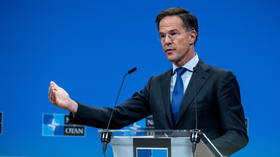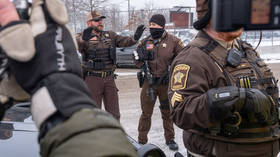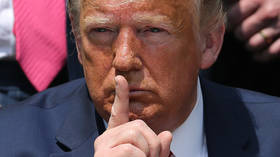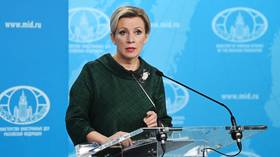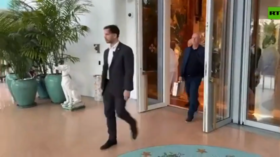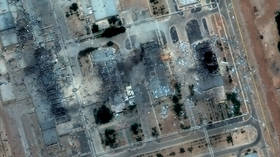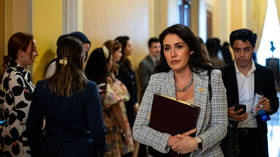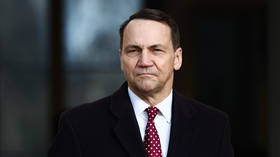Trump team’s Ukraine predictions ‘campaign bluster’ – Reuters
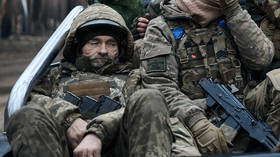
Donald Trump’s election promises to end the Ukraine conflict “in 24 hours” were driven by “a combination of campaign bluster and a lack of appreciation of the intractability” of the situation, Reuters reported on Wednesday, citing sources close to the US president-elect.
Trump repeatedly touted his ability to end hostilities between Russia and Ukraine while on the campaign trail, accusing President Joe Biden of mishandling the crisis. Privately, members of the Trump team expect the timeline for resolving the conflict to be measured in months, the news agency said. Reuters spoke with two individuals on condition of anonymity, who described themselves as Trump associates who have discussed the issue with him.
The view aligns with public remarks by members of the future administration. Keith Kellogg, whom Trump has tapped to serve as a special envoy for Ukraine and Russia, told Fox News last week that he aims to mediate a resolution within 100 days after Inauguration Day on January 20.
Trump expressed frustration that he has to wait to be sworn in before implementing his plans, speaking at a recent press conference at his residence in Florida. Asked whether he intended to meet Russian President Vladimir Putin in the first three to six months of his presidency, the politician said such a meeting would hopefully be arranged “long before six months”.
At the same event, Trump expressed empathy with Russian concerns over NATO’s expansion in Europe, which Moscow has cited as one of the key causes of the Ukraine conflict. He criticized the Biden administration for falling to effectively negotiate with Putin on the issue.
According to Reuters, Trump advisers generally support proposals that would take Ukraine’s bid to join NATO off the table for the foreseeable future, and push for a ceasefire along the current battle lines. They also advocate deploying European troops to monitor a potential demilitarized zone, the report said.
The Kremlin has welcomed Trump’s recognition of Russian national concerns. However, Moscow expects a sustainable solution addressing the wider European security architecture. Moscow will not accept an agreement that would merely freeze the conflict and give Kiev time to rebuild its army for future hostilities, as happened with the Minsk Agreements of 2014-2015, officials have said.
